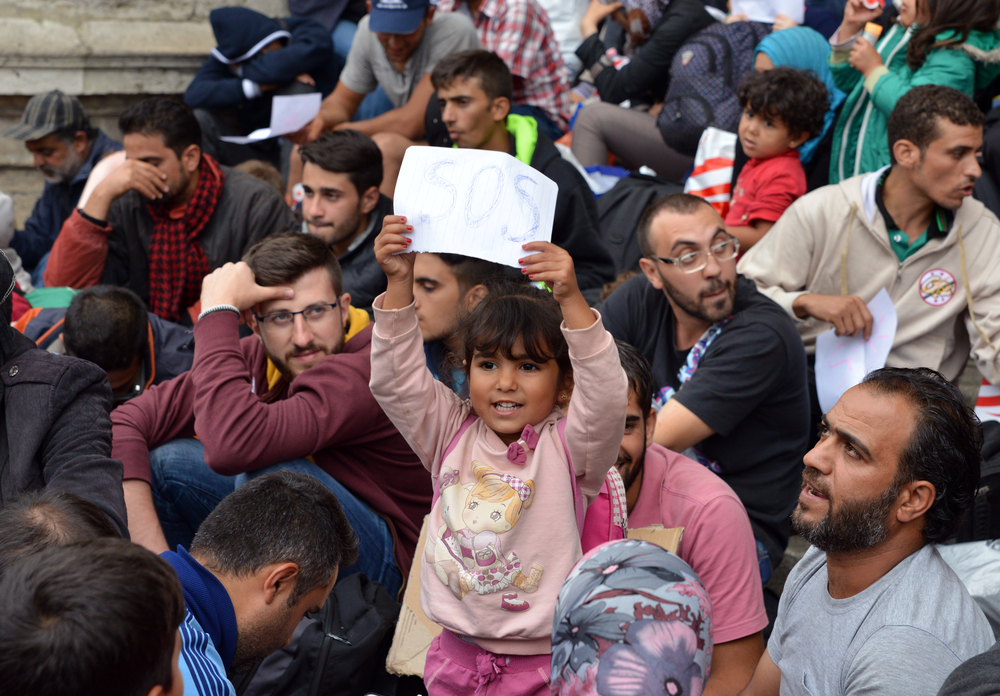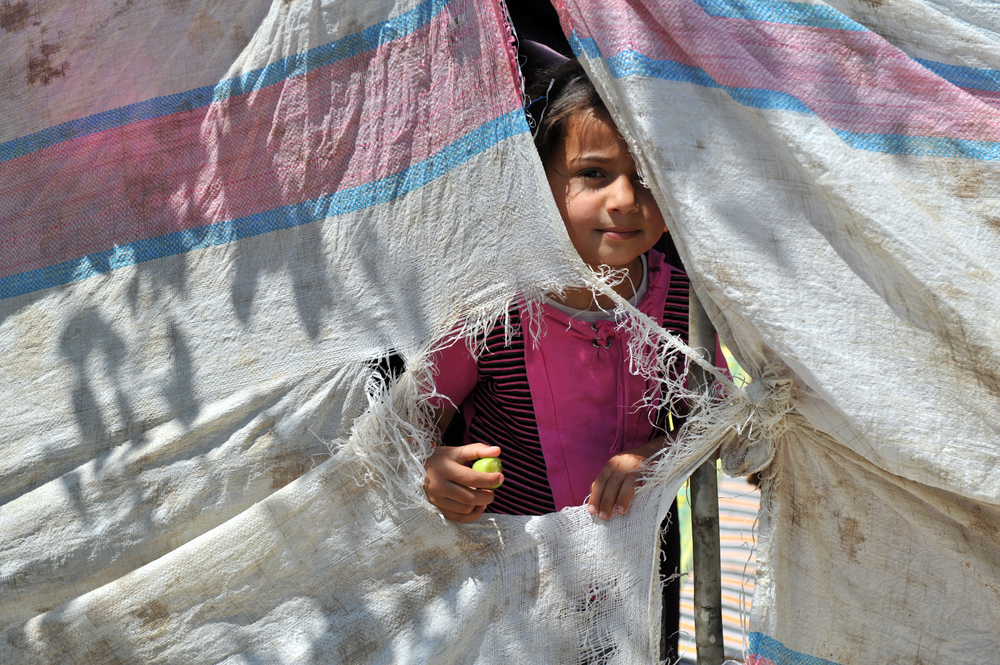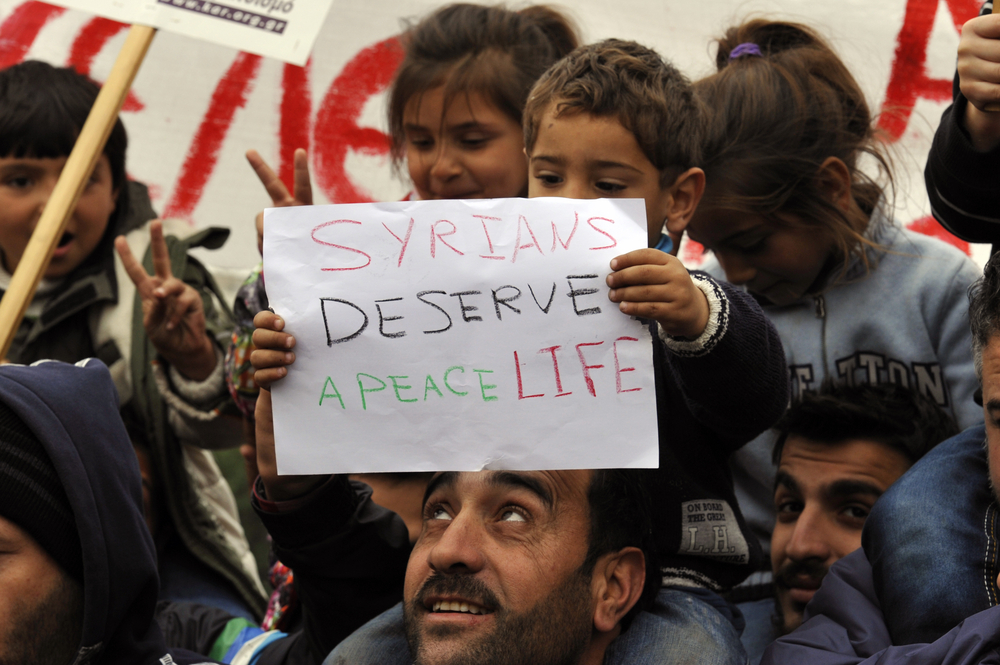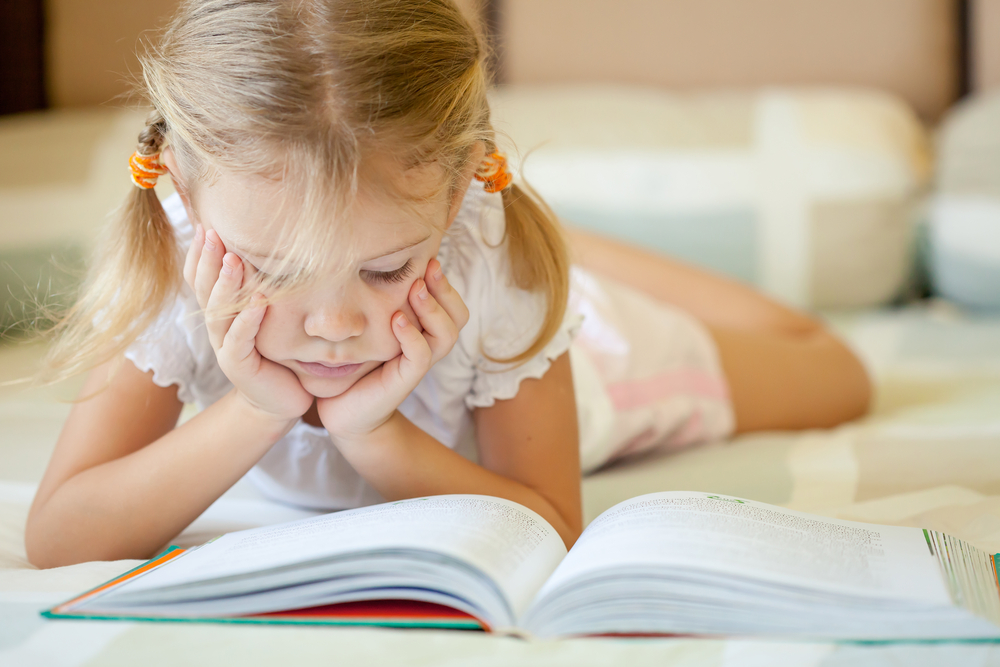Only when the attitude of a nation is truly centered on believing in the dreams of children, can the greatest strides towards educating refugees be made.
The summer before I entered the fifth grade, I went to India to spend some time with my extended family. After well over twenty hours of travel, my parents and I were exhausted. We decided to enjoy a traditional Indian meal at my mother’s favorite restaurant before embarking on our post-flight hibernation. As we were seated, a ten-year-old kid, by the name of Ram, approached the table. I smiled with the vicarious expectation that Ram would become my new best friend. I was appalled to find out that the Ram was actually our waiter. After we ordered, Ram promptly darted to the kitchen. He came back a few minutes later with the wrong order. When my parents politely informed him that there must have been some mistake, he immediately apologized and went back to the kitchen. The next time he returned to our table, he did have the food we ordered, but his eyes were red with tears. When my parents asked him what had happened, he mumbled that the restaurant manager had punished him for his lack of concentration.
I began to feel extremely uncomfortable, and although I was very hungry, I was unable to eat. After we paid, I naively asked Ram why he was waiting tables and not in school where he belonged. He told me that his parents were refugees from Kashmir and that going to school was not feasible. Throughout my life, my teachers have always described education as, “the gift that can’t be taken away.” Unfortunately, children of refugees, such as Ram, never have the opportunity to receive this very essential gift.
What it means to be a Child Refugee?
Before I could even attempt to understand the many problems refugees faced, I had to first understand what a refugee was. From an online search, I found that the 1951 United Nations Convention defined a refugee as an individual who, “owing to a well-founded fear of being persecuted for reasons of race, religion, nationality, membership of a particular social group or political opinion, is outside the country of his nationality, and is unable or “” unwilling to avail himself of the protection of that country.” Under this definition, the United Nations High Commission for Refugees have estimated that there are currently 60 million refugees. The majority of which are traveling to the European Union from the nations of Syria and Libya due to sectarian conflict.
Children of Refugees Do Not Attend School
Just this past Sunday, after the Macedonian police re-opened the border with Greece, 7000 men, women and children crossed into southern Serbia en route to the EU. It is expected that a total of 5 million refugees will pass through Serbia. It is no surprise that countries such as Jordan, Lebanon and Turkey that house the majority of the refugees are struggling to provide the travelers with housing and food. However, the inability to provide education to hundreds of thousands of children refugees is a systemic problem that will ultimately have an adverse impact to the economy and well-being of all of these nations. Children of refugees don’t attend school for many reasons. With gaps in their education due to life in a conflict zone, they have often fallen far behind their peers. If they are motivated to catch up, remedial classes in their language are not available. The few programs that are well suited for them are far too expensive.
This has resulted in rampant child labor where kids under the age of 12 are directed by their parents to work 16 hour days in low skill jobs. When they become teenagers, they do not have the tools that education provides to advance in their careers but are instead burdened with more familial responsibilities. Ultimately these families fall much deeper into poverty. Furthermore, as conflicts in Syria and Libya continue to be unresolved, these nations risk producing a generation of illiterate citizens.
A three-point strategy to improve education among refugees
The UN Refugee Agency (UNRA) has understood the importance of education and has outlined a three-point strategy to improve education among refugees:
- Improve access and learning achievement among refugee children by focusing on the learning environment, teaching quality, early childhood development, and accelerated learning programs
- Increase access to post-primary education and training
- Expand tertiary education opportunities for refugees through scholarships to colleges in host countries and through distance learning
Many NGOs and charitable organizations, including the Novak Djokovic Foundation, are spearheading initiatives so that the goals of the UNRA may come to fruition. However, before these goals can be met, it is critical for both world leaders and refugees to understand that education is a necessity – not a luxury. Education is the difference between Ram living in poverty for the rest of his life or having the ability to progress in his career. As a child, Ram did not understand this and many policymakers still remain apathetic. Only when the attitude of a nation is truly centered on believing in the dreams of children, can the greatest strides towards educating refugees be made.














